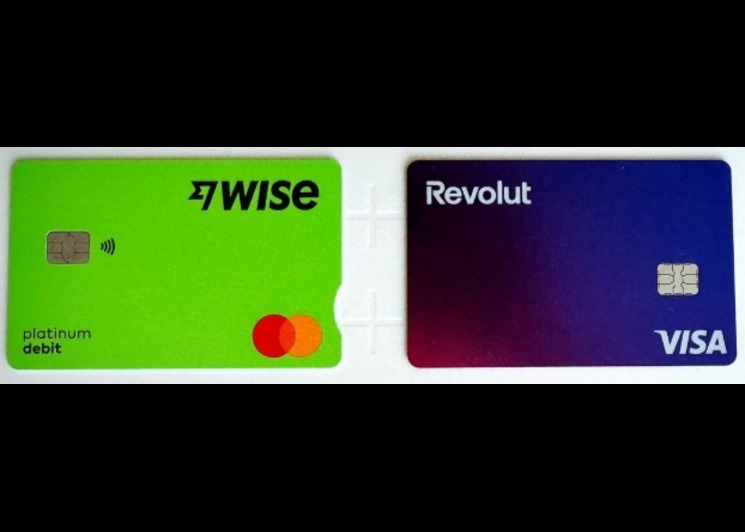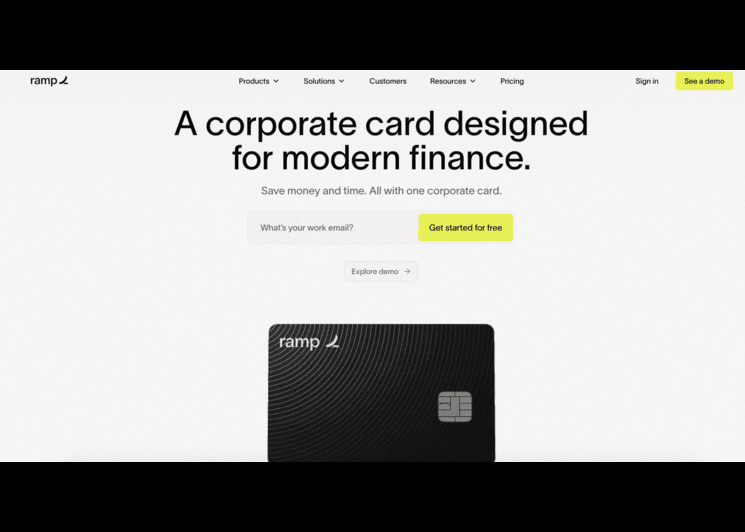Electronic Money and the Future of Digital Payments
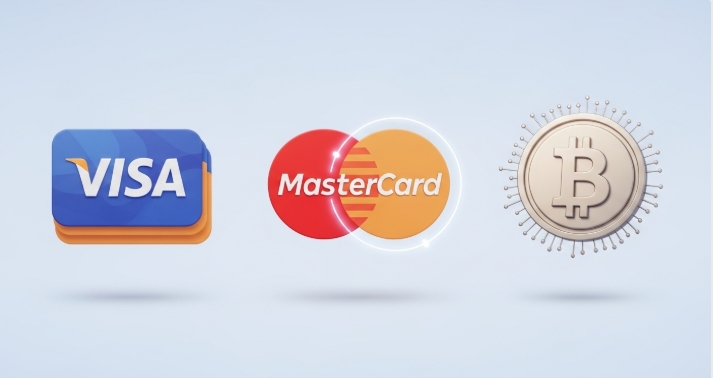
Money doesn’t always move the way it used to. More businesses now store and send value digitally, paying vendors, running ad spend, and managing global transactions without ever touching a bank counter. That shift is powered by electronic money, value held and moved in digital form.
It’s what drives modern digital currency, fuels digital wallets, and supports e-money across industries. For finance teams, it’s more than convenience; it’s about speed, visibility, and control. Platforms like Bycard are showing how e-money can bring structure, transparency, and real-time tracking to everyday business payments.
- Electronic Money and the Future of Digital Payments
- What is electronic money?
- Why electronic money is gaining traction
- Transforming Financial Flows with Electronic Money
- Digital Wallets: Turning Electronic Money into Controlled Spend
- Electronic money within the broader category of Digital Currency
- Implementing Electronic Money across Digital Currency, Digital Wallets, and E-money
- Risks, controls and compliance you must check
- Bycard’s Role in Enabling E-Money and Digital Wallet Solutions
What is electronic money?
Electronic money (often called e-money) is monetary value that is stored electronically and used to make payments. It’s the value sitting in a digital wallet, account, or platform that you can spend without exchanging physical cash. E-money appears behind many modern digital currency transactions, from prepaid business balances to mobile wallets and single-use virtual cards.
Put simply: electronic money is the stored digital value that funds many digital wallets and digital currency flows.
Why electronic money is gaining traction
Adoption of e-money and related digital wallets has accelerated globally. Industry and policy bodies note that digital currency is growing rapidly, and that stored-value models are a major component of that growth. The Bank for International Settlements documents strong expansion in e-money usage, and the IMF highlights the policy push to harness digital currency benefits while managing risks.
Academic and industry research show measurable improvements when firms adopt digital wallets and e-money-based flows: faster transaction times, lower per-transaction costs, and fewer reconciliation errors. For many U.S. companies, that matters in day-to-day cash flow, vendor relationships, and marketing spend control.
Transforming Financial Flows with Electronic Money
When a company receives funds and holds them in a digital wallet, that balance is usually electronic money. Here’s how that stored value changes operations:
- Centralised liquidity: You can hold working capital as e-money and route it to the right payees.
- Programmable disbursements: E-money enables automated scheduled disbursements or pay-on-approval flows to vendors.
- Auditability: Every disbursement made from an e-money balance ties back to a ledger entry and metadata, improving reconciliation.
For teams managing digital currency processes, thinking in terms of e-money clarifies how funds are funded, authorised, and distributed. The result is cleaner AP, quicker vendor onboarding, and fewer manual corrections.
Digital Wallets: Turning Electronic Money into Controlled Spend
One of the most practical ways to use electronic money is by funding digital wallets, secure accounts created for specific purposes like ad campaigns, software subscriptions, or one-time vendor payments. Each transaction draws directly from your e-money balance, giving you visibility and precision without the delays of traditional banking processes.
Why Digital Wallets Powered by E-Money Are Useful
- Budget Precision: Create a digital wallet with a fixed limit and expiry date tied to a particular campaign or vendor.
- Instant Access: Digital wallets can be generated and used immediately, no waiting for bank transfers or lengthy approvals.
- Clear Traceability: Every transaction links back to the e-money source that funded it, simplifying reconciliation and reporting.
This is where Bycard makes a noticeable difference. Through its digital wallet solutions, businesses can fund campaigns, pay vendors, or manage team expenses directly from their electronic money accounts, all while tracking spend in real time.
Marketing teams get instant access to budgets, finance teams maintain control, and operations gain transparency across every digital currency transaction.
Electronic money within the broader category of Digital Currency
“Digital currency” covers everything from e-money platforms and mobile wallets to online payment systems. In many modern architectures, electronic money is the funded layer that sits between the payer and the payee.
Key operational benefits when e-money is used within digital currency systems:
- Liquidity management: Pool funds and schedule payment runs or instant payouts.
- Multi-currency handling: Hold or convert funds in digital form before disbursing.
- Rich data: Digital wallet transactions driven by e-money produce granular metadata, ideal for analytics and controls.
Implementing Electronic Money across Digital Currency, Digital Wallets, and E-money
Here’s an action-oriented roadmap for finance and ops teams:
- Map current flows: Document existing bank transfers, card payments, and manual processes to identify easy wins for digital wallets.
- Choose an e-money capable provider: Look for quick top-ups, reconciliation exports, and regulated custody.
- Pilot digital wallets: Start with marketing or recurring subscription spend. Fund the wallets from a small e-money balance and measure processing time and error reduction.
- Integrate reconciliation & ERP: Push transaction metadata from your e-money ledger into AP and general ledger systems for automated matchbacks.
- Set governance: Approval workflows, limits, refund processes, and float limits protect the program.
- Measure KPIs: Time-to-pay, cost per transaction, reconciliation error rate, vendor pay time, and misuse incidents.
Use results to scale your digital currency optimization program built on e-money and digital wallets.

Perfect Card for issuing virtual cards instantly!
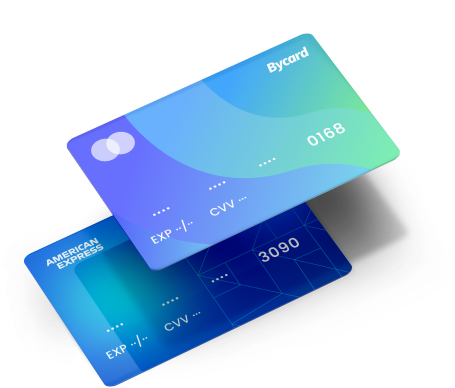
Risks, controls and compliance you must check
Electronic money brings real value but also operational and regulatory responsibilities:
- Regulatory status: Verify the e-money provider’s licences and disclosures.
- Custody & safeguarding: Confirm how customer funds are segregated and withdrawn.
- Refunds & disputes: Make sure the platform supports chargebacks and dispute workflows for digital wallet reversals.
- Operational resilience: Have fallback rails and SLAs for outages.
- Data governance: Encrypt stored data and ensure PCI/DSS protections for wallet data.
Bycard’s Role in Enabling E-Money and Digital Wallet Solutions
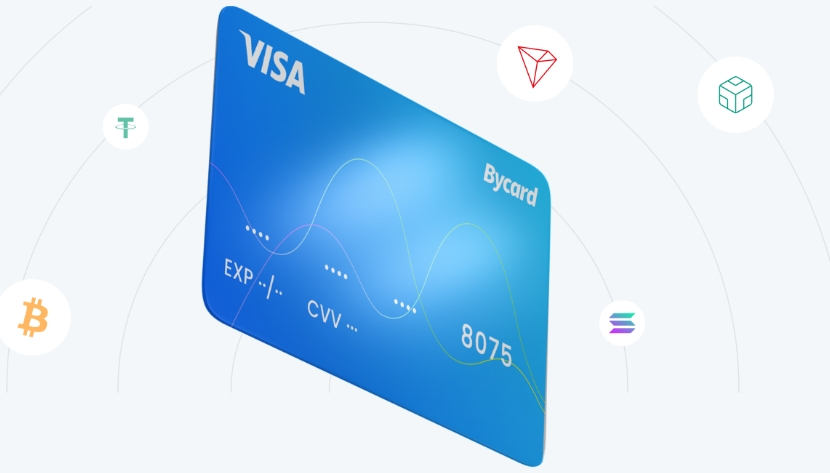
Bycard combines instant virtual wallet creation with single-use and managed card issuance, giving teams full control over their e-money flows. Each wallet can be funded in under 3 minutes, with 30+ BINs (Visa/Mastercard) supporting global, multi-currency spend. Treasury teams can top up via USDT or bank wire, convert crypto to payments, and instantly allocate budgets for campaigns, vendors, or cross-border expenses.
What that looks like in practice:
- Quick funding → quick spend: Treasury tops up an e-money wallet (via wire or crypto), and marketing issues campaign wallets or cards instantly.
- Ad-platform readiness: Bycard offers dedicated wallet and card flows for major ad platforms, Facebook, Google, TikTok, Bing, Snapchat, Twitter, Taboola, Outbrain, and LinkedIn, allowing precise campaign budget separation.
- Accounting and control: Built-in tools for budget management, receipt capture, and expense reporting ensure every transaction ties back to the e-money ledger for seamless reconciliation.
- Compliance posture: Registered as an MSB and administered under FinCEN, Bycard maintains strong regulatory and operational standards for secure digital payments.
Conclusion
Electronic money is not an abstract concept, it’s the working capital you can program, tag, and spend instantly through digital wallets and digital currency platforms. For finance teams, shifting suitable spend to e-money-funded flows delivers speed, clarity, and measurable cost benefits. Providers like Bycard combine wallet creation, budget controls, receipt capture, and reconciliation to show a practical path from concept to daily operations.

